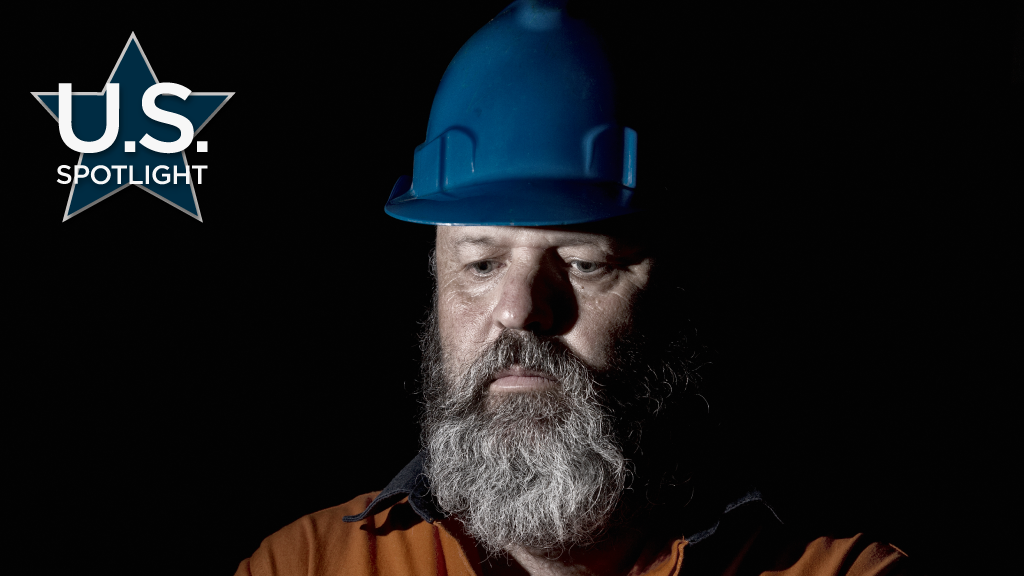The Associated General Contractors of America (AGC) has launched a multi-pronged program to address high suicide rates and improve mental health in the U.S. construction sector.
The program, announced Sept. 15 to coincide with suicide awareness month, includes new video public service announcements where workers talk about their struggles with mental health, new resources developed by regional AGC chapters across the country, a set of toolbox talks and a quarterly forum to address mental health and suicide prevention efforts.
A new AGC Mental Health and Suicide Prevention Task Force composed of industry activists from across the U.S. was inaugurated in June.
Brian Turmail, the AGC’s president of public affairs, cited recent alarming numbers on suicides and mental health problems in the construction sector in explaining the initiatives. The Centers for Disease Control and Prevention found that 40 per cent of U.S. adults reported struggling with mental health or substance use and that 11 per cent of U.S. adults seriously considered suicide. In construction, the suicide rate is four times greater than the national average and five times greater than that of all other construction fatalities combined.
The rate of suicide in construction is 53.2 per 100,000 U.S. workers.
“A construction worker is five times as likely to die by their own hands than they are from a construction accident or some kind of jobsite hazard,” said Turmail. “That just tells us that we’re frankly at a crisis point that we need to address.”
The task force includes 16 notable activists from across the U.S., including Mandi Kime, the AGC of Washington’s safety director who wrote a Mental Health Best-Practice Guide as part of a Master’s thesis. That guide and others such as a Mental Health and Suicide Prevention Program developed by the AGC of Washington and also Mental Health for the Construction Industry, co-developed by the AGC of Missouri and Washington University in St. Louis, now form part of the AGC of America’s resource base.
“We are throwing out all possible resources at this effort and assembled some of the best and brightest in the industry because the scope of the problem is so significant,” said Turmail.
He explained for too long in the construction industry there was a failure to address workers with mental health problems, and when conversations turned to safety, thoughts were about PPE and avoiding falls and struck-bys.
“There’s a growing realization that when we think about workplace safety, we’re also thinking about mental health and well-being and substance abuse,” he said. “What we want to do is to offer tools and resources that will help firms identify when someone has a problem and know what to do.”
The videos will be impactful, Turmail said, given that they feature workers just like the intended audience and not some “man in a suit” giving a lecture.
“We were talking to an individual whose story reflects all the challenges that a construction worker would face, someone who was struggling with depression and trauma, and tried to self-medicate with alcohol and controlled substances, and clearly needed help with the culture of the industry,” he said of one video. “People laughed at his intoxication and chalked it up as just being one of the guys.”
A message about alcohol abuse was inserted into the worker’s pay envelope but he did not realize it was intended for him specifically.
“He said, ‘Look, if someone had even put a hand on my shoulder and said you’ve got a problem, maybe who knows?’”
The first quarterly forum will be held Oct. 12 at 2 p.m. EST.
The AGC may have assembled a battery of resources but Turmail said it is going to take a while to reverse the long tradition of indifference to mental health problems in the sector.
“We’ve gotten years of cultural astigmatism,” he said. “We’ve got years where people have been hiding their mental pain. So having a good website, having good resources is important but changing the culture and helping spread the word is just going to take longer.”
Follow the author on Twitter @DonWall_DCN.











Recent Comments